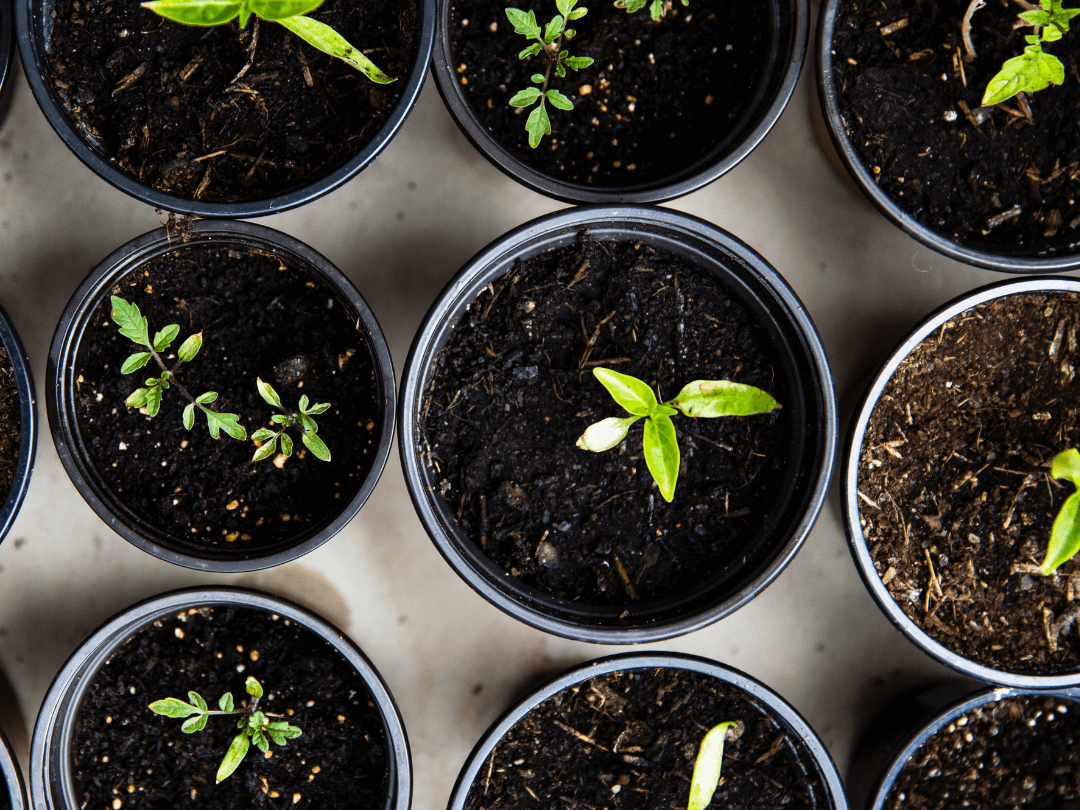We're an affiliate
We hope you love the products we recommend! Just so you know, we may collect a share of sales or other compensation from the links on this page. Thank you if you use our links, we really appreciate it!
In our pursuit of a more sustainable future, it is essential to examine the environmental impact of our food choices. Today, we delve into the water footprint of various vegetables, revealing the water requirements of different crops. By understanding these factors, we can make informed decisions that promote a greener lifestyle and highlight the stark contrast between vegetable production and meat consumption. Let’s explore the environmental impact of our food choices and work towards a more sustainable future.
The Water Footprint of Vegetables
Water is a precious resource, and understanding its usage in agriculture is crucial. When it comes to growing vegetables, some varieties have a lower water footprint than others. Let’s take a closer look at a few examples:
Leafy Greens
Leafy greens like spinach, kale, and lettuce are incredibly water-efficient. They generally require minimal water for cultivation, making them an excellent choice for those conscious of their environmental impact.
Root Vegetables
Root vegetables such as carrots, radishes, and beets also have a relatively low water footprint. Their ability to thrive in diverse climates and require less irrigation contributes to their favorable environmental profile.
Cruciferous Vegetables
Cruciferous vegetables like broccoli, cauliflower, and cabbage have a moderate water footprint. While they may require slightly more water than leafy greens or root vegetables, their nutritional value and health benefits make them worthwhile additions to a sustainable diet.
Contrasting Vegetable Production with Meat Consumption
As we explore the environmental impact of vegetables, it’s essential to highlight the stark contrast between vegetable production and meat consumption. The meat industry is known for its significant ecological footprint, particularly in terms of water usage. Here’s a brief comparison:
Water Intensity
Raising animals for meat production requires vast amounts of water throughout their life cycle. From providing water for animals to grow crops for animal feed, the water intensity of meat production is considerably higher compared to growing vegetables.
Land Usage
The land required to raise livestock for meat production is substantially greater than what’s needed for growing vegetables. By choosing plant-based alternatives, we can help preserve land resources, protect biodiversity, and reduce deforestation.
Greenhouse Gas Emissions
The meat industry is a major contributor to greenhouse gas emissions, which exacerbate climate change. Conversely, plant-based diets have a significantly lower carbon footprint, helping to mitigate global warming and preserve our planet for future generations.
Practical Tips for Reducing Water Footprint
Now that we understand the varying water footprints of different vegetables and the environmental impact of meat consumption, let’s explore practical tips for reducing our water footprint:
Seasonal Eating
Opt for seasonal vegetables, as they require less artificial irrigation and transportation. Supporting local farmers and farmers’ markets can further reduce the overall environmental impact.
Efficient Water Usage
Whether you have a backyard garden or indoor pots, adopting water-efficient practices like drip irrigation, rainwater harvesting, and using recycled water can make a significant difference.
Food Waste Reduction
Minimize food waste by planning meals, freezing excess produce, and composting organic scraps. By doing so, we not only save water but also reduce the overall environmental impact of our food consumption.
Conclusion
Understanding the water footprint of vegetables is a crucial step towards adopting a more sustainable lifestyle. By choosing water-efficient vegetables and embracing a plant-based diet, we can significantly reduce our ecological impact. Moreover, by contrasting the environmental consequences of vegetable production with the meat industry, we are empowered to make informed choices for a greener future. Let’s continue to champion plant-based living!
